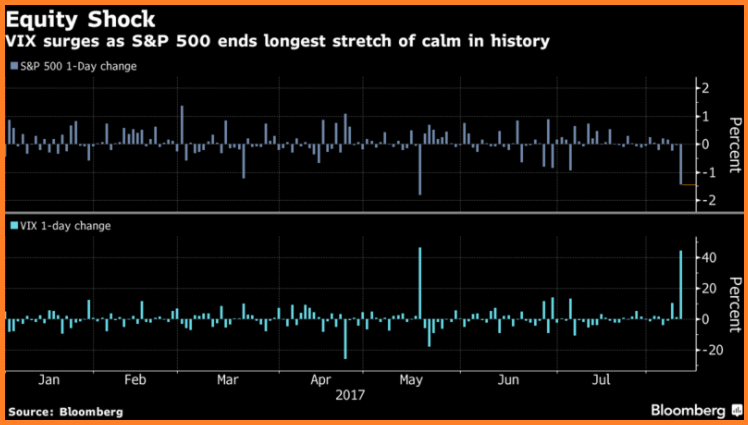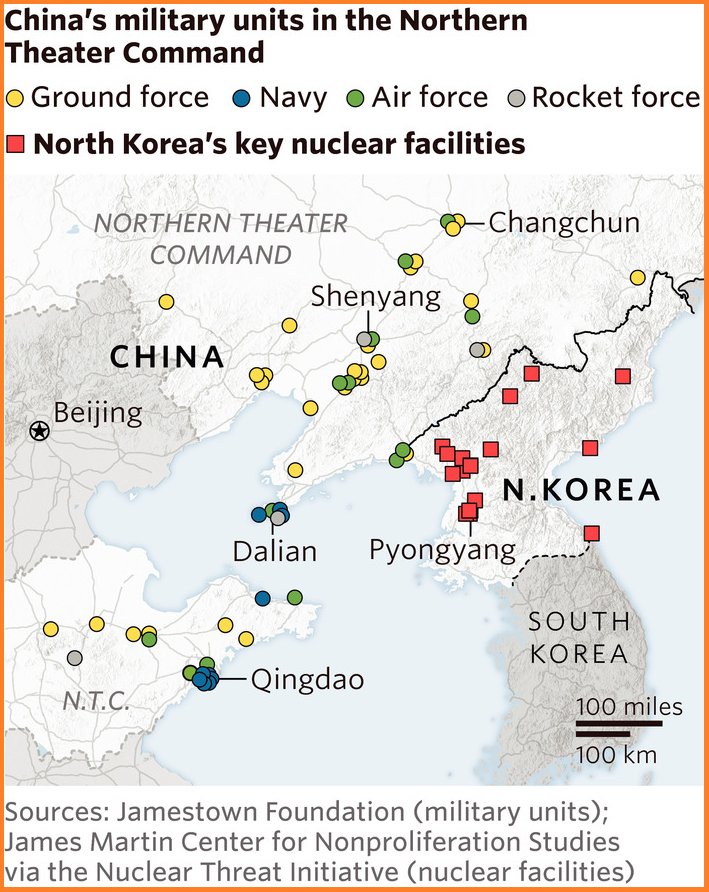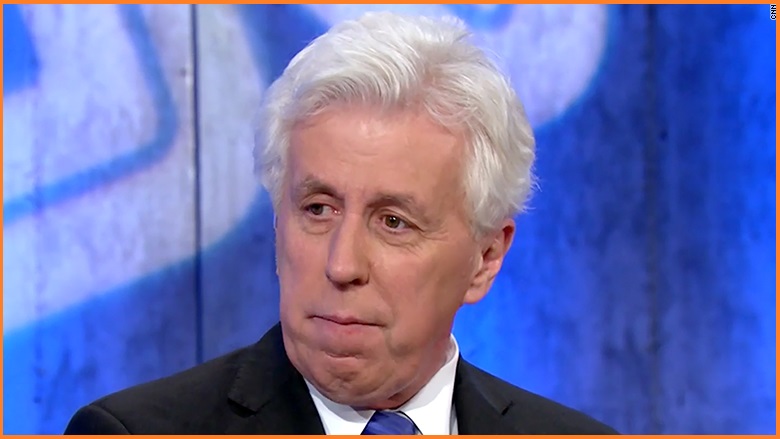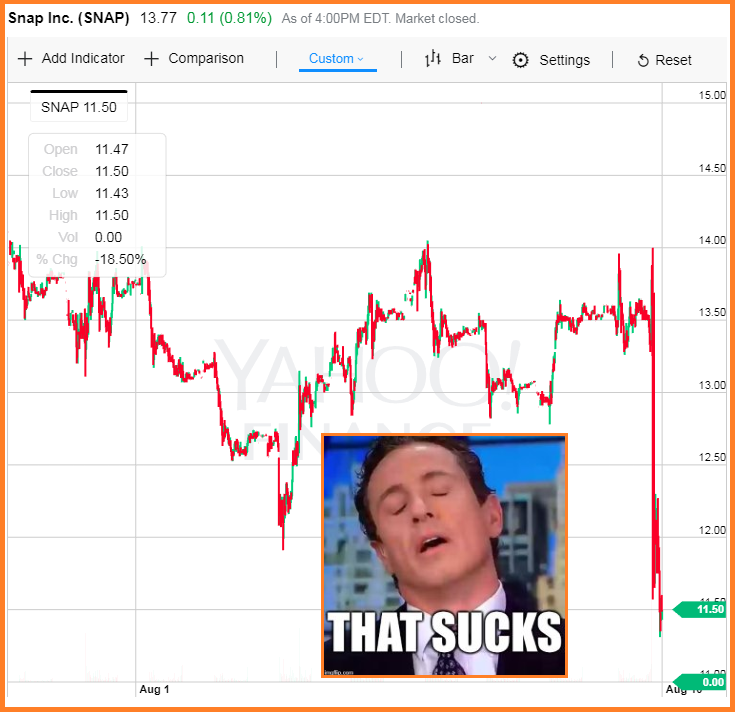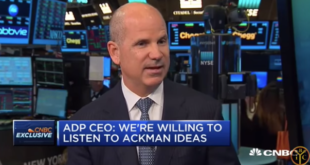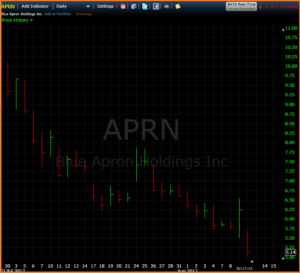While Snap, Inc. ($SNAP) shares bleed out following a huge miss – currently down over 11 percent, a hilarious hot-mic moment happened during their earnings call.
When pressed by Wall St. analyst Rich Greenfield of BTIG for more details on their push notification policy, CEO Evan Spiegel gave a convoluted and snarky answer – dodging the question and then telling the analyst to “go for a google” resulting in BTIG’s Brandon Ross exclaiming (loudly) “I didn’t even understand his response!”
Full exchange here:
Listen to $SNAP co-founder Evan Spiegel answer our question on whether @Snapchat is "growth hacking" from Q2 call https://t.co/v0dTsunCGW
— Rich Greenfield (@RichBTIG) August 11, 2017
Reactions:
Definitely the best thing for CEOs to do when shares are falling 17% is to sound annoyed that people don't "understand" his company. https://t.co/N9yS2VkFey
— Shira Ovide (@ShiraOvide) August 10, 2017
Same arrogant approach to IR out of $SNAP as last Q. No commentary in the letter, and prob no media calls either. https://t.co/aVqJ0ZBarn
— Jim Prosser ? (@jimprosser) August 10, 2017
Transcript of the exchange:
Rich Greenfield, analyst at BTIG:
“I’ve got two questions for Evan. Evan, on your first investor call and actually Imran [Khan, Snap chief strategy officer] just mentioned it earlier as well, you have both spoken about how others use growth hacking to inflate [daily active users] and how it really hurts …. the platform’s relationship with users. Yet we definitely, over the past quarter, begun to see push notifications from Snapchat, essentially alerting us to: ‘One of our friends or one of our connections has published a story, would you like to go see it?’
Wondering despite Imran’s comment earlier, has your philosophy on growth begun to change? And then two, time spent on Snapchat and Instagram based on the recent comments from Instagram seems like it’s fairly similar. But there’s a very — my sense is there’s very little direct messaging that happens on Instagram, implying that most of their time spent is actually content consumption. When you think about Snapchat’s 30 minutes of usage per day, how much of that is actually Stories, including Discover, versus basically communications? Thanks.
Spiegel:
Yeah. So on the first question; we’ve been sending notifications like that for Stories for friends since 2014, so I’m not sure why you’re just seeing that now. On the ‘time spent’ stuff, I think time spent is definitely interesting metric because unlike daily active[users], time spent is zero sum.
So for us, in Q2, we saw over 40 minutes spent per day for users under 25, and over 20 minutes per day for users over 25. So I think that’s some strong growth for us on the time spent side.
We don’t break out Stories versus communication, but I think the important thing is we’ve done a very good job innovating around monetizing communication. I think historically, that’s been challenging for folks. So, you know, we’re really excited about the way we’ve monetized communication with our creative tools.
Greenfield:
So maybe just to be clear: What exactly is the ‘growth hacking’ that others do? If you sending push notifications is not ‘growth hacking,’ what are others doing that you consider to be growth hacking and not real DAU growth?
Spiegel:
Yeah, so I think there are plenty of examples online [laughs] if you want to go for a Google. But I think the most important thing for us is that when we’re telling you about content on a service that is really highly relevant to you and from your very close friends. And I think people, as they become more aligned on push notifications to sort of relax the standards there, and I think it’s important for our business.
Greenfield:
Thank you.
Operator:
Our next question is from Mark Mahaney with RBC …
Brandon Ross, BTIG analyst (loudly on hot mic):
I didn’t even understand his response!”
More vague answers
The hot-mic exchange was just one part of an overall frustrating call for analysts and investors looking for answers.
Via CNBC:
While the exchange was certainly one of the more heated during the quarterly call, there were several instances where analysts asked for more guidance on new products like Snap Maps or advertising tools, only to be met with vague responses that it was still “early days.“
The disconnect between Snap and Wall Street made it into Friday’s analyst coverage.
“Snap’s unwillingness to provide Street guidance will continue to be a disservice to shareholders as estimates continue to fluctuate wildly and it introduces unneeded uncertainty into results,” Jefferies analyst Brian Fitzgerald wrote in a note.
The disjunction between Snap and Wall Street comes in spite of Snap’s so-called secret weapon, Khan, a former star analyst and investment banker. The finance veteran helped lead Alibaba’s massive IPO — subject to its own skepticism from investors at the time— and was one of the first analysts to become an authoritative commentator on internet media businesses like Facebook.
Snap, like many competitive tech start-ups, has been secretive about its products and operations. But some commentators perceived Spiegel’s response as arrogant.
Spiegel, if he has any game, was certainly not on it during the call.
Comments »










